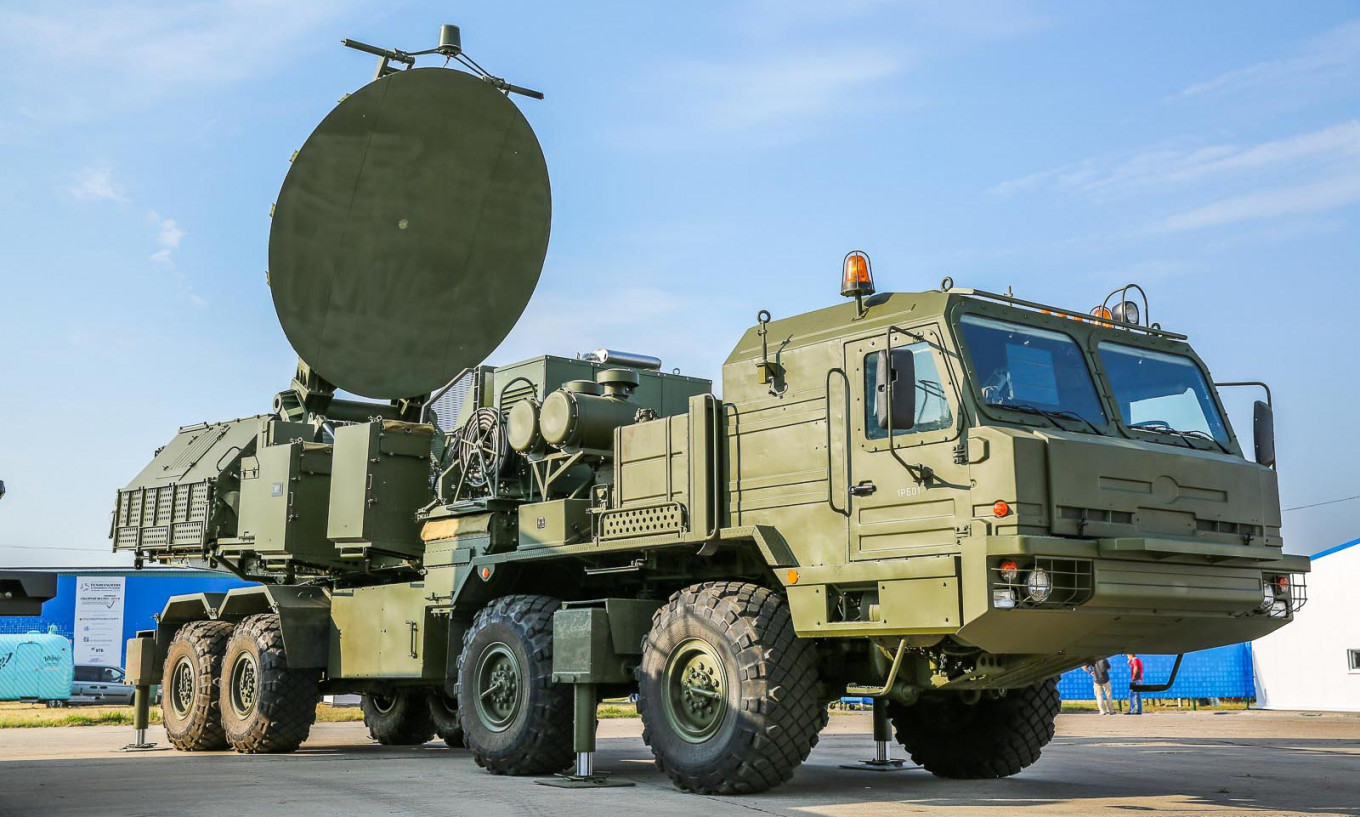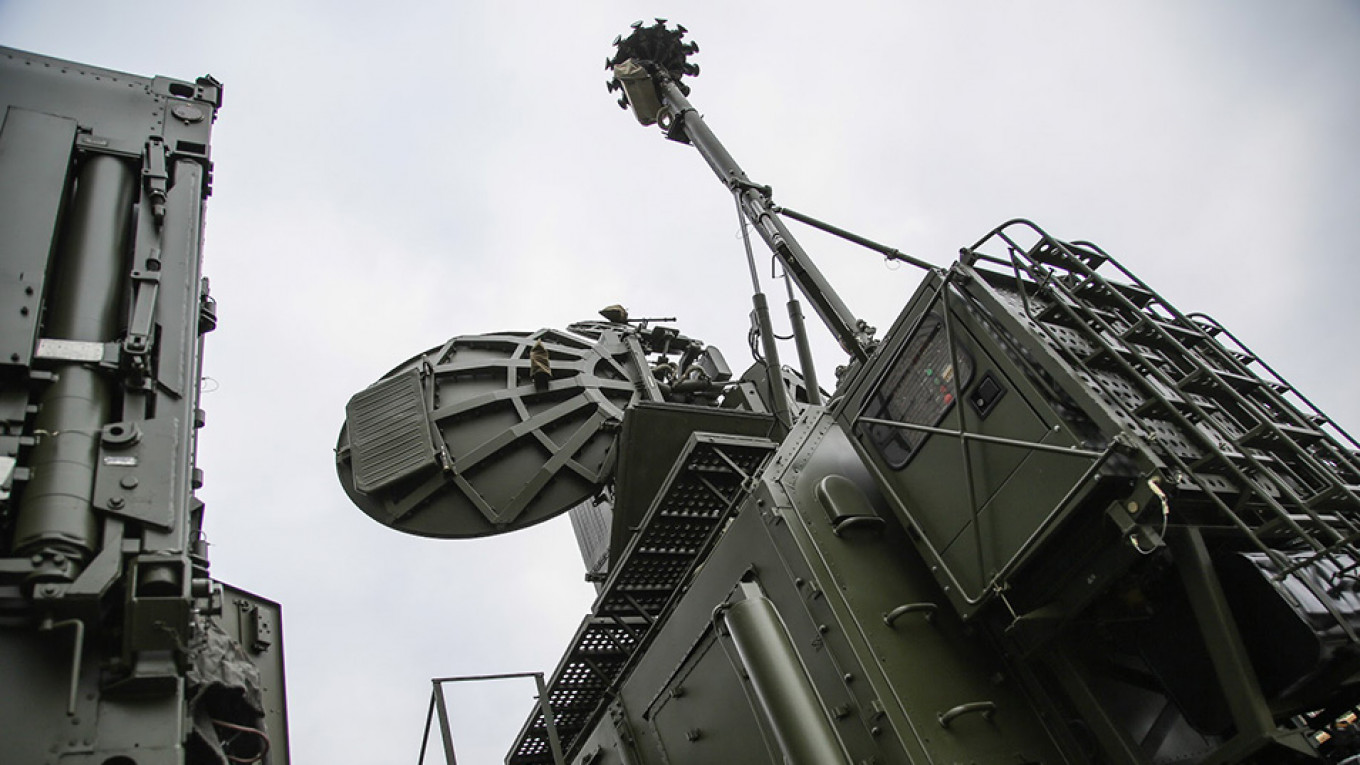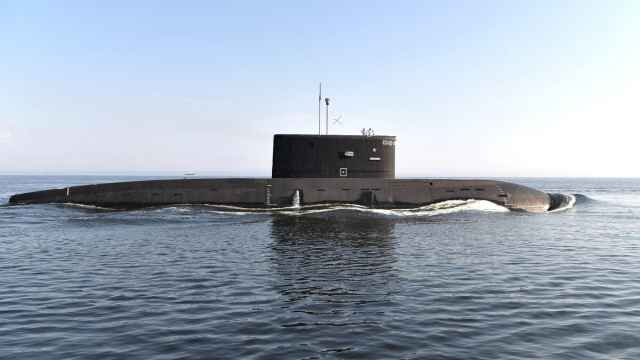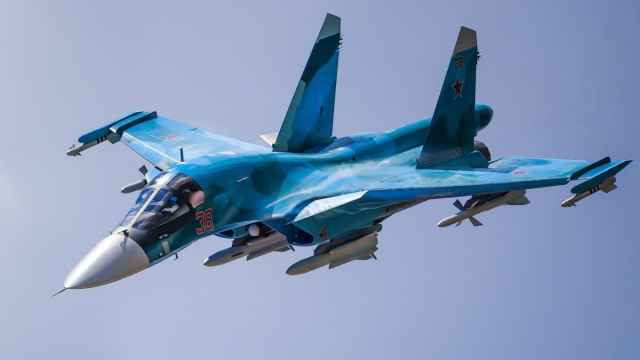New systems for radio-electronic warfare installed along Russia’s Arctic coast are capable of jamming foreign ships and aircraft from thousands of kilometers away, Russian military officials have been cited as saying by the Izvestia tabloid.
The Northern Fleet has completed its new Center for Radio-Electronic Warfare, military representatives told Izvestia. The center includes two Murmansk-BN systems, as well as the Krasukha and Divnomorye systems, the newspaper writes.
The powerful Murmansk-BN system has been deployed in Severomorsk, Kola Peninsula and in Kamchatka, and is capable of covering the whole area of the Northern Sea Route. The range of the Murmansk-BN is 5,000 kilometers and up to 8,000 kilometers in good weather conditions. Additionally, the Krasukha-2 and Krasukha-4 systems have been deployed in new military bases in Novaya Zemlya, Severnaya Zemlya, the New Siberian Islands and in Chukotka, Izvestia reports.

The Krasukha-4 is reportedly able to jam satellite communications, GPS signals and drone communication. When subjected to the jamming, the enemy finds himself blind, deaf and without speech, military representatives told the newspaper.
Testing of the Murmansk-BN has been going on for the past 2-3 years. The system automatically maps ongoing activities in its operational area and defines measures needed to neutralize threats.
According to the Russian Defense Ministry, the new systems for radio-electronic warfare were extensively tested in an exercise in the Russian Far East in April this year. More than 1,000 servicemen and 100 units of equipment were involved.
"The relevance of this kind of training is dictated by the need to apply new tactical approaches that are based on experiences from modern-day military conflicts," a note from the Armed Forces says.
The Murmansk-BN system has been developed by KRET, a subsidiary unit of state technology company Rostec.
According to the company, the technology makes Russia capable of "disorganizing any system of shortwave communication."
It can block the whole information fields of the enemy’s military management, KRET General Director Vladimir Mikheev says.
"The efficiency level of containment of an enemy is comparable with the most modern attack weapons," he said in a comment to Rostec.ru.
The Murmansk-BN is transported by several heavy trucks and it is believed that it takes several days for the more than 30 meter high telescoping masts to be positioned and for the system to be calibrated and activated.
The recent testing of the new radio electronic systems may have affected civilian communication systems in the area.
Over the past two years, aircraft and other non-military industries in Scandinavia have repeatedly reported about the loss of GPS signals.
In November 2018, a Norwegian Defense Ministry spokesperson told the Barents Observer that the jamming has come "from Russian forces on Kola."
Earlier that same year, the Norwegian Foreign Ministry brought up the question with Moscow and requested Russia to halt the jamming.
"We recognize Russia’s right to exercise and train its capacities [but] it is not acceptable that this kind of activity affects security in Norway's air space," the Norwegian Defence Ministry said in a comment to the Barents Observer.
The GPS jamming was on the agenda when representatives of the two countries’ defense ministries met in Oslo in March this year.

The recent testing of the new radio electronic systems may have affected civilian communication systems in the area.
Over the past two years, aircraft and other non-military industries in Scandinavia have repeatedly reported about the loss of GPS signals.
In November 2018, a Norwegian Defense Ministry spokesperson told the Barents Observer that the jamming has come "from Russian forces on Kola."
Earlier that same year, the Norwegian Foreign Ministry brought up the question with Moscow and requested Russia to halt the jamming.
"We recognize Russia’s right to exercise and train its capacities [but] it is not acceptable that this kind of activity affects security in Norway's air space," the Norwegian Defence Ministry said in a comment to the Barents Observer.
The GPS jamming was on the agenda when representatives of the two countries’ defense ministries met in Oslo in March this year.
A Message from The Moscow Times:
Dear readers,
We are facing unprecedented challenges. Russia's Prosecutor General's Office has designated The Moscow Times as an "undesirable" organization, criminalizing our work and putting our staff at risk of prosecution. This follows our earlier unjust labeling as a "foreign agent."
These actions are direct attempts to silence independent journalism in Russia. The authorities claim our work "discredits the decisions of the Russian leadership." We see things differently: we strive to provide accurate, unbiased reporting on Russia.
We, the journalists of The Moscow Times, refuse to be silenced. But to continue our work, we need your help.
Your support, no matter how small, makes a world of difference. If you can, please support us monthly starting from just $2. It's quick to set up, and every contribution makes a significant impact.
By supporting The Moscow Times, you're defending open, independent journalism in the face of repression. Thank you for standing with us.
Remind me later.






